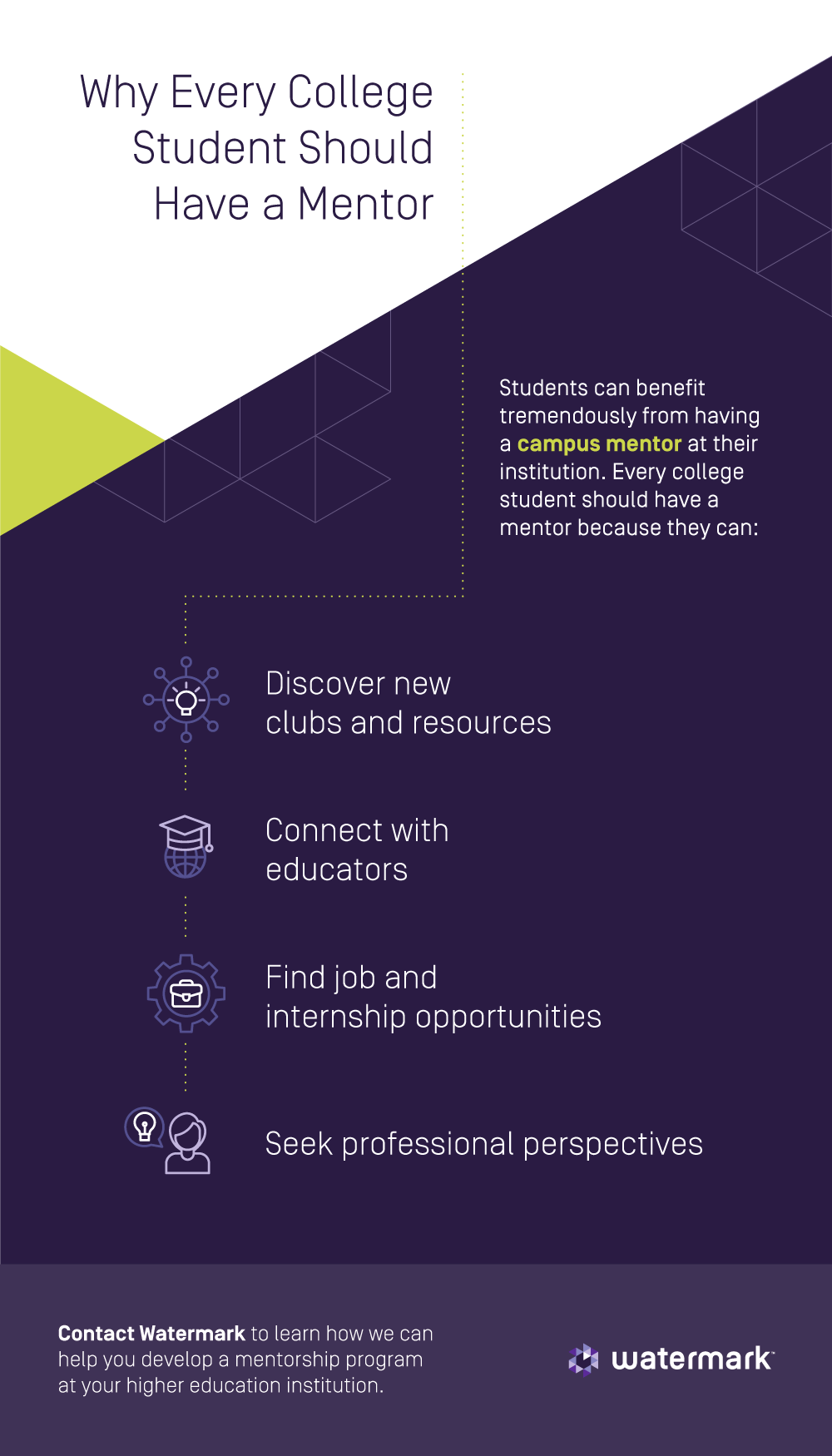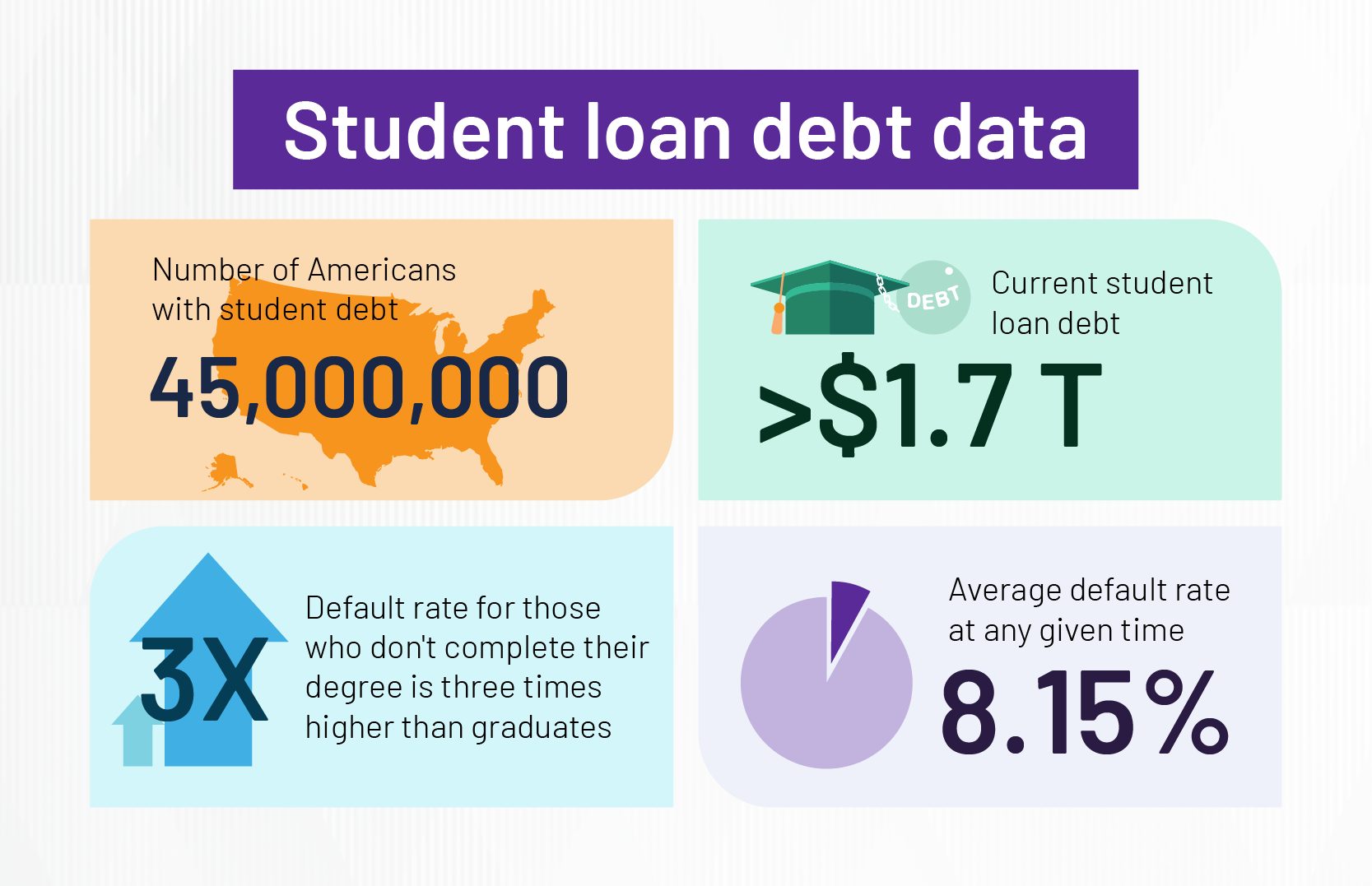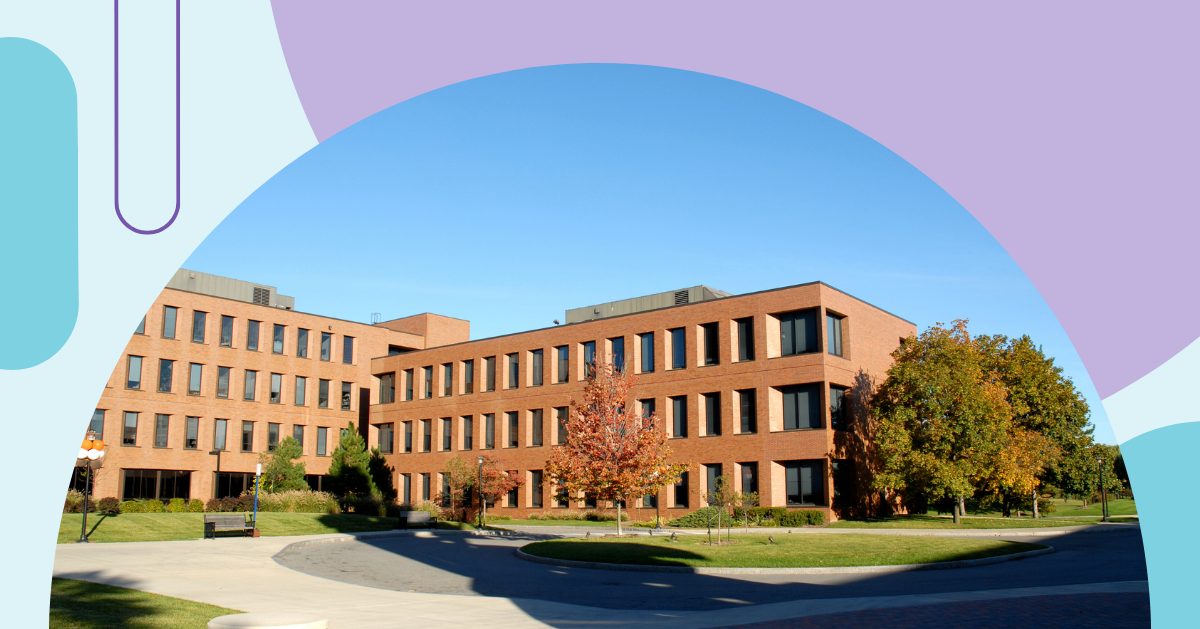Mentoring is a professional activity that creates a trusting relationship through commitment. Mentoring is making headway in higher education institutions as students connect with peers, instructors, or faculty to heed professional advice and explore their future careers.
Having a mentor can expand a mentee’s social network, boost confidence, and present new opportunities. Mentoring in higher education can encourage students to propel through their studies and further engage with their materials. When instructors and other faculty members partner with students to form mentorships, both parties can feel more satisfied with their time on campus. Instructors can gain insight into the student experience, and students can make valuable connections that will move them forward in the future.
What Is a Mentor?
A mentor is someone who guides, advises, and supports someone else. Mentors dedicate time and effort to getting to know a mentee and understanding their challenges. Mentors use their knowledge and experience to help mentees improve personally, academically, and professionally. Mentors are typically unpaid and offer developmental advice for an extended time, making them different from a coach, who usually receives payment until a goal is complete.
The relationship between a mentor and mentee is more confidential and personal than relationships with a boss or manager. Many mentorships have the potential to turn into lifelong friendships, though some end once the mentee reaches their goal.
How Mentoring Benefits Mentors
Mentoring is a mutually beneficial relationship — mentors can discover many benefits professionally and personally. They can continue developing other skills as they learn more about their mentees and themselves. Through advising mentees, mentors can:
- Refine and develop skills: Mentors must be organized and capable of sharing information clearly to communicate effectively with mentees. As they plan meetings and manage schedules, they can gain leadership and management experience.
- Prepare for the future: Just as mentees gain valuable knowledge, mentors can gain insight into new technologies and practices that they may otherwise not experience.
- Give back to the community: Offering advice and helping others is a rewarding experience for most people. This meaningful relationship can encourage mentors to explore self-growth. Mentors often feel proud to give back to the community and be someone’s source of wisdom.
How Mentoring Benefits Mentees
Many people associate mentorships with how a mentee learns and grows. Although mentors also gain valuable knowledge and experiences through mentoring, mentees can see immense benefits from the partnership. As mentees gain knowledge about their industry and the skills they need to succeed, they can experience more satisfaction with their work or studies and have a deeper understanding of how to reach their goals.
Mentoring benefits for mentees include:
- Gaining support and knowledge: By connecting with a professional, mentees gain inside information about industry secrets, words of wisdom, and an understanding of necessary skills to succeed in their career.
- Becoming more productive: When instructors mentor students or employers mentor co-workers, the mentees become more productive by making fewer mistakes and remaining engaged. Giving direct feedback can also propel mentees to make adjustments in the workplace or classroom sooner because they know what changes they need to make.
- Developing an extensive skillset: Mentors can help mentees develop the skills they need to excel in their industry. They can become more organized, prepared, and invested in their field.
- Building a network: Mentors typically have a personal network of friends and colleagues. Mentors can share their network with mentees or help them discover a network of their own.

The Importance of Mentoring
Mentoring is important because it helps grow individuals into productive members of society. Mentoring can be a transformative process for the mentee and the mentor, and many mentorships become lifelong friendships. This relationship creates a collaborative learning experience for both parties, and each mentorship brings a unique perspective to the conversation.
Mentors provide more than professional development opportunities. They also offer psychosocial support regarding workplace, classroom, and personal matters. Mentors build trust, offer advice, understand emotional barriers, and share responsibility. Mentorship is a holistic experience that encourages individuals to find success through collaboration, experience, and personal growth.

Why Every Student Should Have a Mentor
Students can benefit tremendously from having a campus mentor at their institution. Mentors can guide students around campus and lead them to academic resources, new opportunities, and connections. As they explore their new environment, having a support system to help them navigate resources, clubs, and classes can be beneficial.
The benefits of mentoring college students include:
- Discovering new clubs and resources: A campus mentor can guide students to clubs and resources they may never know about otherwise. Instructors can guide mentees to extracurriculars that will strengthen their resumes and make them more marketable.
- Connecting with educators: Students may feel more engaged with their studies when they partner with instructors. On top of being able to receive additional course help, instructors can guide students to further studies that challenge them and align with their interests.
- Finding new opportunities: Students may be interested in exploring internships and part-time job opportunities but don’t know how to find one that suits them. A faculty or instructor mentor can guide students to new opportunities and help them connect with potential employers.
- Seeking alternative perspectives: Although discussing aspirational life plans and career goals is fun for many students, seeking a professional opinion can help make these goals more realistic. A mentor can describe the application process and share advice that helps them succeed.
How to Encourage Faculty Members to Mentor Students
A faculty mentoring program could be incredibly beneficial for your students. Forming a personal connection with an instructor or staff member can lead students to make new campus connections, uncover valuable resources that can aid their academic and professional success, and inspire them to do their best. However, you may discover not every faculty member wants to participate. Encourage your staff to step up by allowing flexibility, increasing visibility, and recruiting veteran mentors.
Allow Flexibility
Many instructors and staff members have busy schedules and personal lives. Some faculty may refrain from mentoring due to time constraints. Creating a flexible program may be the change your faculty want to see in the program. If they feel they can create their schedules and conduct meetings when it is convenient for them and their mentee, they may be more inclined to mentor.
Increase Visibility
Recognition goes a long way in encouraging faculty to pursue mentorship. Your faculty and staff already have many administrative obligations and likely have personal commitments that can interfere with extracurriculars. Recognize the time and effort your team is putting in by adding incentives or other forms of recognition for exceptional mentors.
Recruit Veterans
Some faculty members may be hesitant to become a mentor because they don’t have experience in mentoring or don’t understand the process entirely. You can bridge this gap by inviting past mentors back to your institution. Veteran mentors can guide new mentors in the early stages of the process. These veterans can answer questions regarding mentoring strategies, potential activities, administrative obligations, and more.

Discover More With Watermark
Watermark has over 20 years of experience developing innovative solutions that support meaningful assessment practices and helping higher education institutions create holistic student experiences. We’re built on data, and we know how you can use yours to improve your institution.
At Watermark, we understand the importance and value of mentoring, and we encourage higher education institutions to implement success coaching to create holistic student experiences. We know this advising approach helps students remain engaged, reach their goals, and have a more satisfying time on campus.
Learn more about Watermark and how we can help you develop a mentorship program. Contact us for more information, or check out our case studies to see how we’ve helped other universities and colleges reach their goals.















































































































































































































































































































































































































